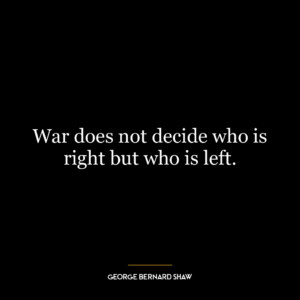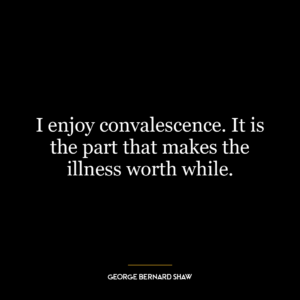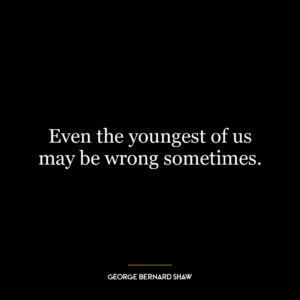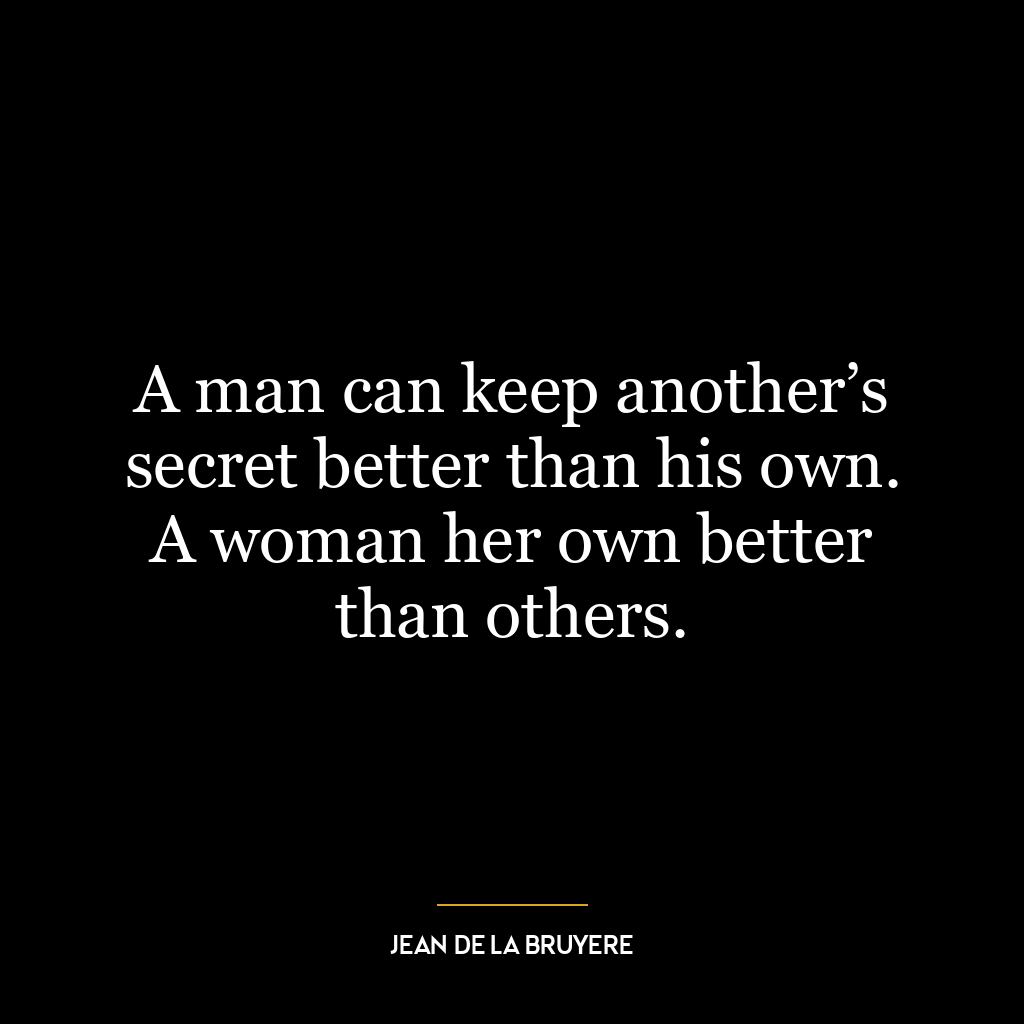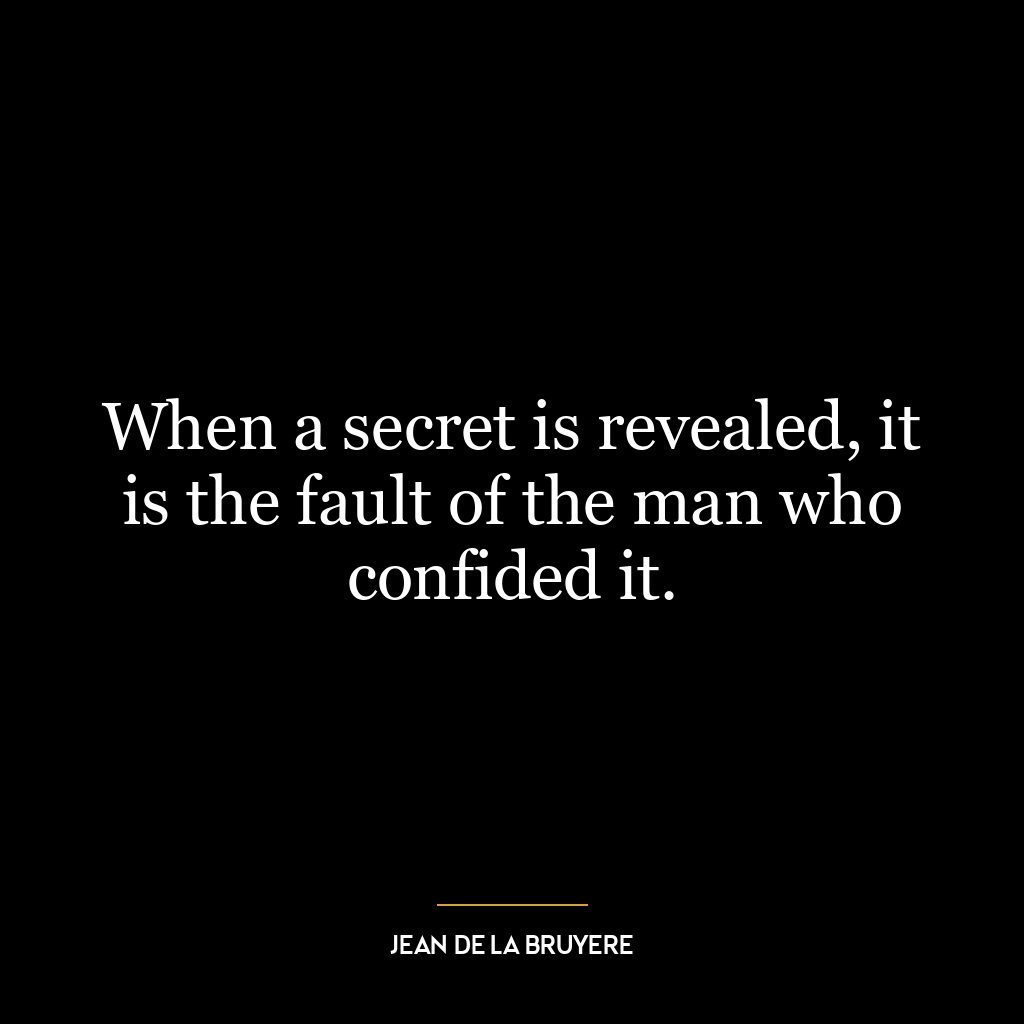As well consult a butcher on the value of vegetarianism as a doctor on the worth of vaccination.
This quote is essentially highlighting the biases that can be inherent in any profession, and how these biases can affect judgment. It suggests that a butcher, who makes a living from selling meat, would likely not see much value in vegetarianism – a lifestyle choice that completely excludes the product he sells. Similarly, it implies that doctors, who are trained to believe in the efficacy of vaccines and often see their effects firsthand, may not be able to objectively evaluate any potential downsides.
The quote encourages critical thinking and skepticism about information received from those with vested interests or deeply ingrained beliefs. It’s not necessarily suggesting butchers or doctors will provide false information intentionally; rather it points out their perspective might be skewed due to their professional background.
In today’s world where misinformation spreads rapidly through social media platforms and other channels of communication, this idea is particularly relevant. For example, when evaluating news about climate change one should consider whether the source of this information has any potential bias such as political affiliations or ties with fossil fuel industries.
In terms of personal development, it serves as a reminder to question our own biases based on our experiences or professions. It also encourages us to seek diverse perspectives before making decisions or forming opinions. We must remember we’re more likely to seek out information confirming what we already believe (confirmation bias), so actively seeking differing viewpoints helps balance our understanding and decision-making process.




